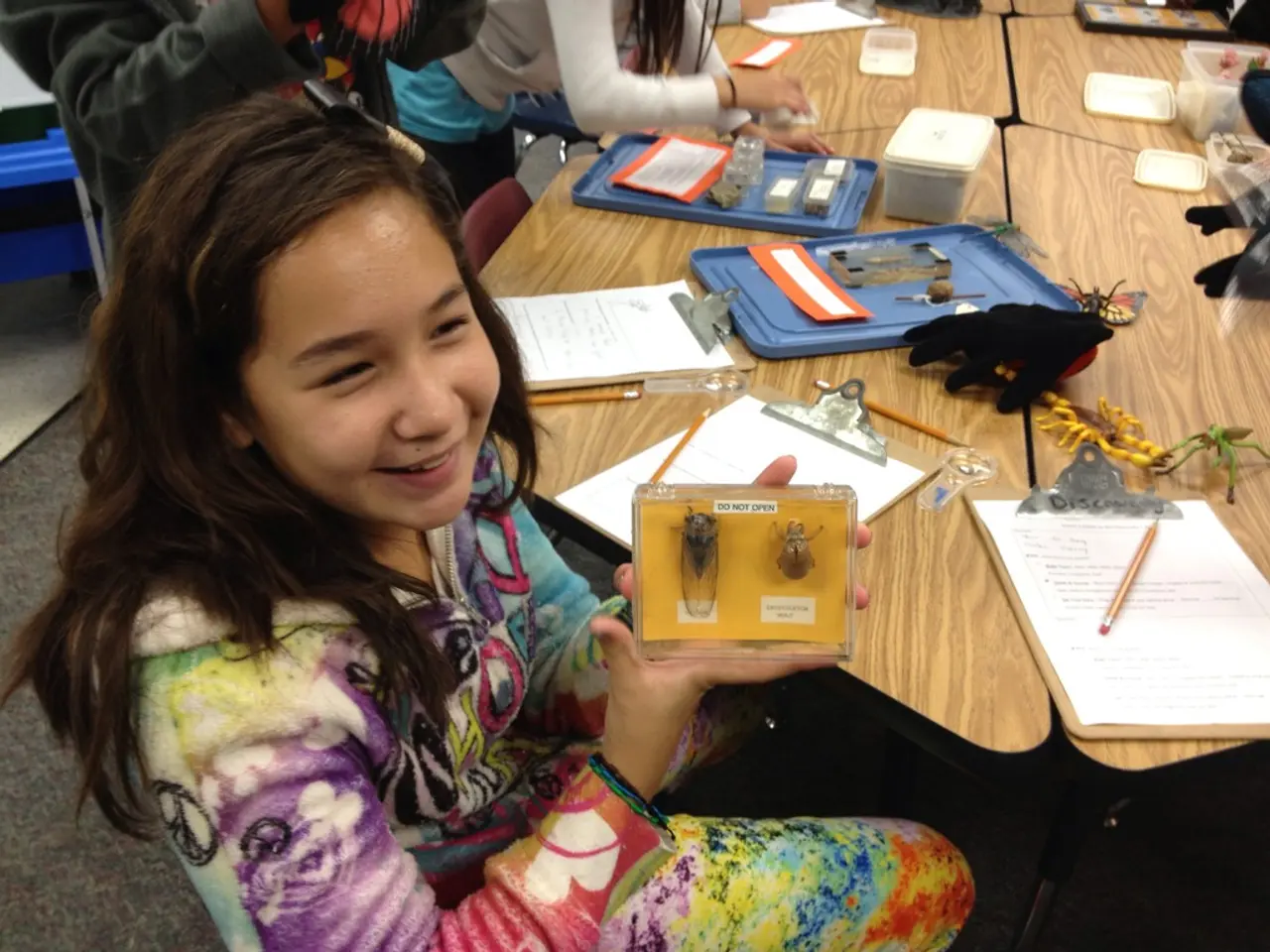Research and Growth through Mentorship: A Summer of Discovery and Development
In the heart of a bustling bioengineering lab, the author discovered more than just the intricacies of scientific experiments – they found a community, a collaborative environment, and a mentor who shaped their academic and professional journey.
The lab was a hub of intellectual discourse, where everyone had the opportunity to contribute ideas and help one another. This collaborative approach made the often isolating work of research feel more connected, fostering a sense of community that the author cherished.
The mentorship in this lab was not just about teaching someone to perform an experiment; it was about nurturing the ability to think critically and solve problems independently. The author's mentor, a Ph.D. student, invested in their personal growth, guiding them through the complex and sometimes frustrating process of developing a more sustainable protein purification method.
This mentor taught the author the importance of creative problem-solving, persistence after failure, and the nuanced skills needed for research. They did not make the author feel ashamed of failures but instead viewed them as opportunities to learn and grow. This approach instilled confidence in the author's abilities, enabling them to trust themselves and be confident as a researcher.
The mentorship provided in this lab extended beyond the realm of science. It offered social and emotional support, helping the author navigate the personal challenges of transitioning into research and academic environments. Positive mentor relationships built confidence, reduced feelings of loneliness, and offered advice and support that reinforced the author's passion and motivation for their studies.
Strong mentorship significantly shaped the author's research experience, learning, problem-solving, and more. It facilitated career planning and goal setting, with the mentor helping the author set short- and long-term career goals through tools like Individual Development Plans (IDPs).
The undergraduate research experience at the lab was defined by the people who guided, challenged, and helped the author become more independent and capable. The author formed mentor relationships that continue to advise them as they progress in their academic and professional journey.
In essence, the lab provided both scientific discovery and personal development. The author started the research position as an undergraduate, unsure of what to expect, and finished with a deeper understanding of the research process, a stronger sense of self, and a network of supportive mentors and peers.
Nathan Nguyen, a prominent figure in the field, emphasizes the importance of finding caring mentors for undergraduates in research. He advises asking questions, even if it means admitting a lack of knowledge, as those moments lead to the most learning.
As the author reflects on their time in the lab, they are grateful for the transformative impact of mentorship on their academic and personal growth. The lessons learned in that lab continue to guide them as they navigate their academic and professional journey, reminding them that the true value of research lies not just in the experiments conducted but in the minds that are shaped and the communities that are built along the way.
References:
[1] National Academies of Sciences, Engineering, and Medicine. (2019). The Future of Undergraduate Research in Science, Technology, Engineering, and Mathematics. Washington, DC: The National Academies Press.
[2] National Science Foundation. (2018). Broader Impacts: Enhancing the Dissemination and Implementation of Research Findings. Retrieved from https://www.nsf.gov/od/oia/resources/BroaderImpacts.jsp
[4] National Institutes of Health. (2019). National Research Mentoring Network. Retrieved from https://www.nrmn.org/
[5] National Institute of General Medical Sciences. (2019). Maximizing Access to Research Careers (MARC) Programme. Retrieved from https://www.nigms.nih.gov/Training/Pages/MARC.aspx
- As part of their undergraduate research, the author discovered that their science-focused lab was more than just a place for experiments – it was a learning ground for education and self-development, pushing them towards personal growth and a stronger sense of mental health.
- The author took on a senior thesis project under the guidance of a PhD student mentor who, apart from teaching critical thinking and problem-solving skills, also offered mentorship in matters of health and wellness, providing emotional support that aided the author during their challenging academic transition.
- In addition to cocreating a more sustainable protein purification method, the lab served as a hub for health-and-wellness discussions, offering a supportive community and resources for various aspects of the author's education and personal development, shaping their academic and professional journey in science and beyond.




